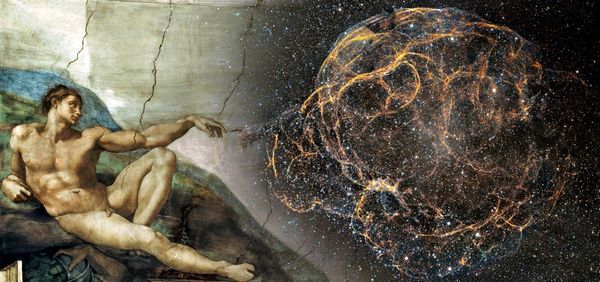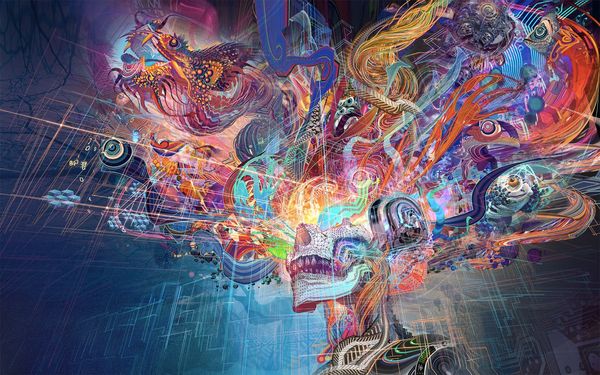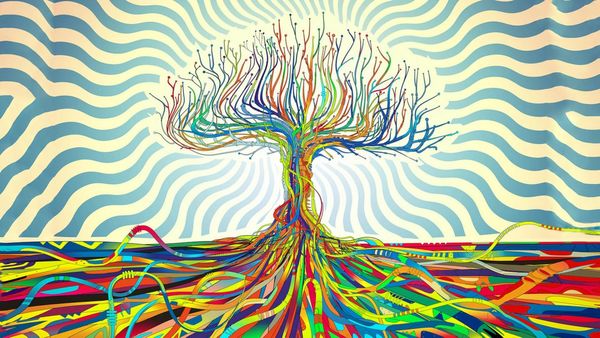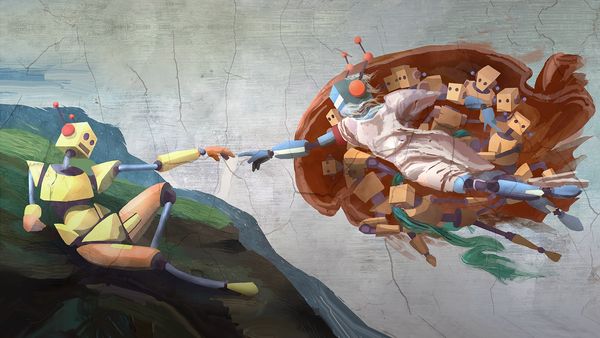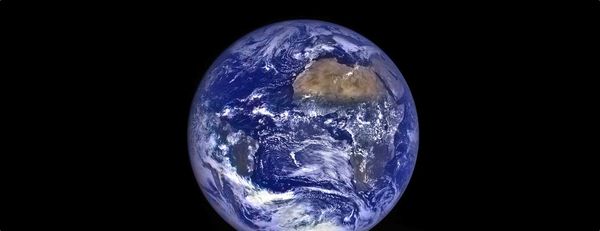Jordan Lejuwaan • • 3 min read
The Open-Source Revolution Is Here

I recently signed up for an online class on game theory offered by some professors at Stanford University. Unlike most online classes, this one is completely free, does not count towards any degree and is offered only by the goodness of the professors who put it together (they even had to fight the university to allow them to do it under the Stanford name.) So what you have is people coming together for the sole purpose of spreading/gaining knowledge. No money or certifications involved. The results are truly fascinating…
Hold on a second
Before I explain more about this online course, let’s delve into the title of this article. What is the ‘Open-Source Revolution’? That idea is best illustrated by a recent TED talk that talked about a company that has outsourced local government tasks to citizens using mobile apps. Even more impressive, these jobs are being done without any pay. For example, fire hydrants in Boston were freezing over in the winter and the city never got around to digging them out. So an app was created that allowed citizens to ‘adopt’ a fire hydrant and become responsible for keeping it snow-free. If they failed to do so, someone else could swoop in and claim the hydrant as their own on the app. In essence, this company has successfully gamified community involvement.
Prior to the development of the internet and ‘apps’, this idea would have seemed preposterous. Why would people take time out of their day to do the government’s job without pay? The answer is ‘The Open-Source Revolution’. For those of you outside of the geek-world, open-source means that the source code of a project is freely available for use without requiring attribution, payment or anything owed to the original creator. For my definition, I’ve expanded this philosophy to include any act by an individual that serves others equally or more than it serves themself.
This ‘e-altruism’ is seen ALL over the web. For example:
- A Reddit thread in which someone asked others to Photoshop together pictures of himself and his recently deceased friend because they didn’t have any pictures together (The results were awesome)
- Images, articles, projects, etc. licensed under Creative Commons
- Torrent-ers using their bandwidth to seed even after their downloads have completed
- WordPress, the free blogging platform that makes this website possible
- The Khanacademy providing free, world-class education to anyone, anywhere
Now back to the online class…
1) Tens of thousands of people around the world have signed up for this class. Knowledge that would have normally been restricted to a few hundred privileged students at Stanford is now open to anyone.
2) Those thousands of students have come together online to form local and online study groups, free tutoring, study guides and extremely active Facebook fan pages for any other help needed. Crowd-sourcing has allowed for a MASSIVE amount of people to all get the help they need without burdening the two professors who run the class.
3) Again, this class is free and does not offer any legitimate course credit upon completion. You don’t have to complete assignments or pass tests in order to stay enrolled. Consequently anyone who is participating is doing so because they WANT to learn! Not because they already paid, or because they want a degree to get a job. This is relevant because part of this ‘revolution’ is people doing what they love, which also happens to be what they’re good at.
This class is a bleeding-edge example of the direction our world is moving in thanks to the internet. We are, on so many fronts, shifting towards a free and open model. In the next few decades, a billion new minds will connect to the web, a web that slowly but successfully brings the digital to the physical.These billion will have the opportunity to explore their own interests and can tackle the worlds greatest problems through collective action.
With the open source revolution another big paradigm shift is heading our way, we are turning from mere consumers to consumer-producers. We don’t just listen to lectures anymore, we can participate and help where help is needed. We don’t just consume products, we can crowdsource and make them a reality. We don’t just vote anymore and end our civil responsibility there, we can actually improve government locally and nationally. There is no better recipe for conscious living.
The best part is this is only the beginning. There is not telling what kind of fantastic things will come of this movement in the future.
What possible changes can you imagine?

